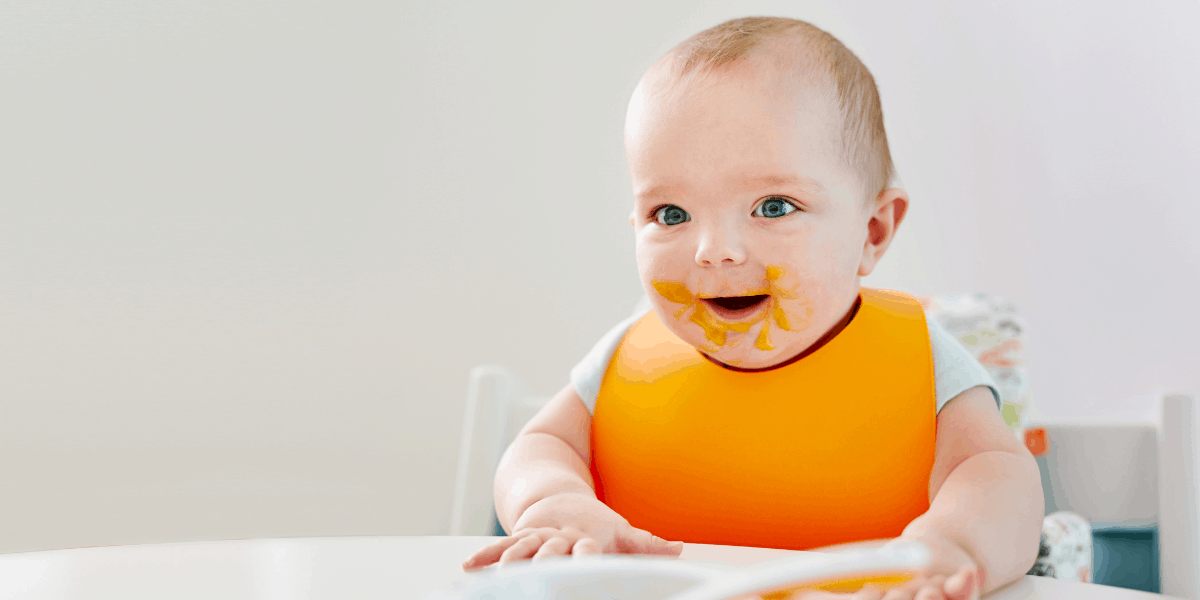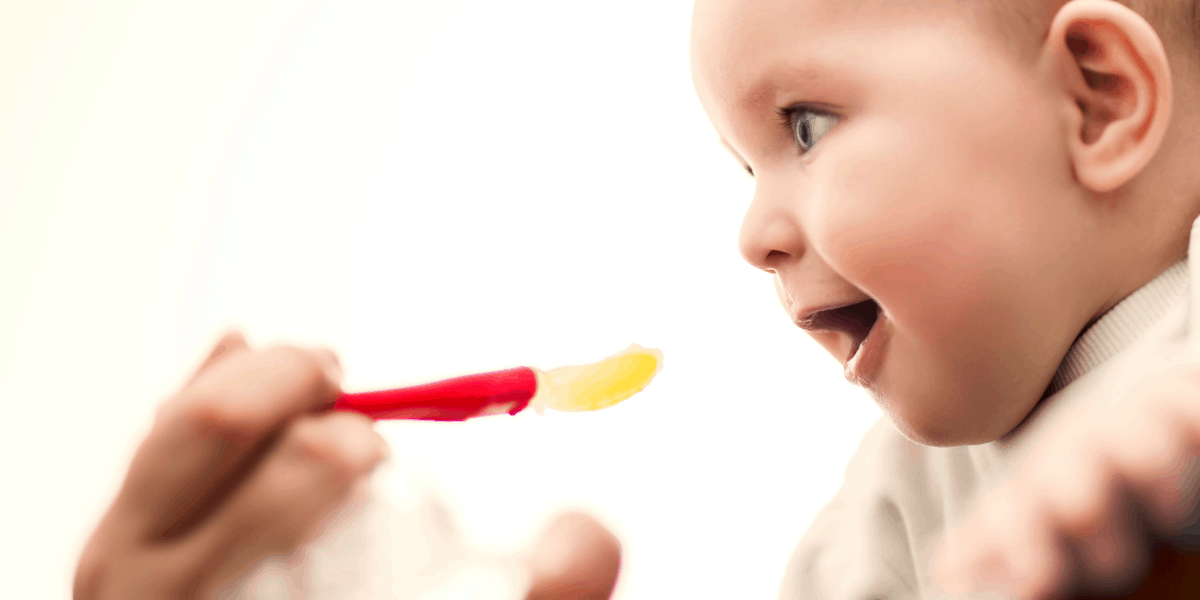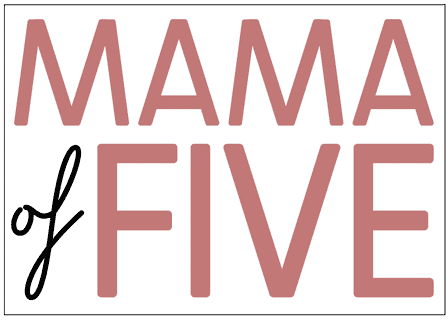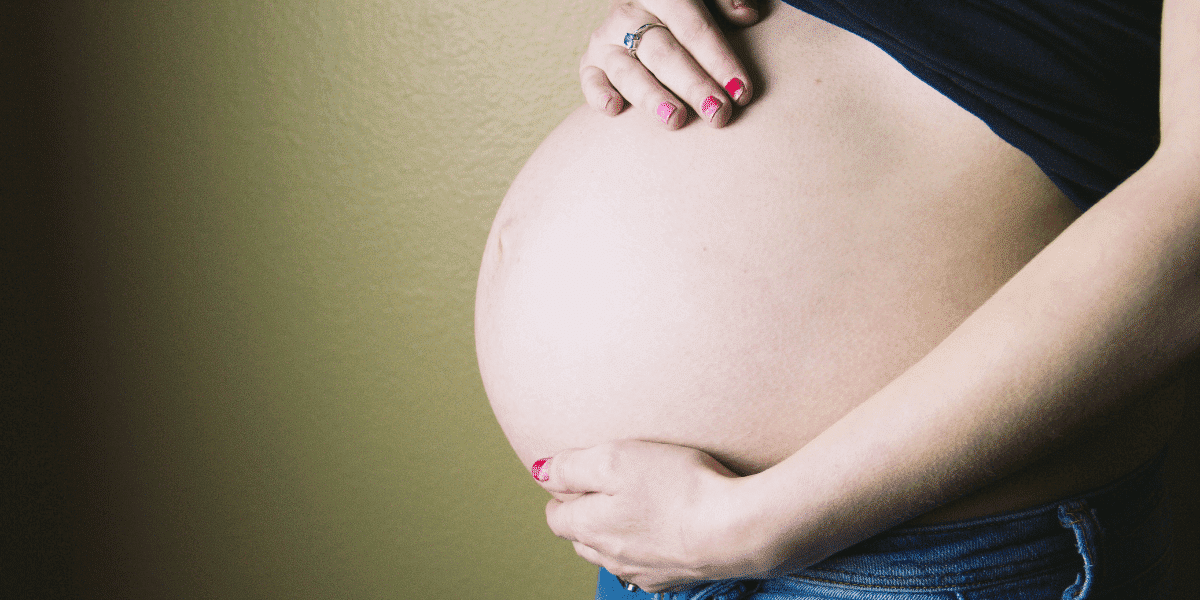
Oily fish is a nutritious, and delicious, part of a healthy adult’s diet. One of the most popular forms of oily fish is salmon. Versatile and tasty, salmon is a staple in many kitchens. As a parent, if you enjoy salmon, you’re probably looking forward to the day when you can introduce this food to your baby.
However, introducing new foods to a baby is always fraught with nerves. Is it safe? Is my baby too young for this? What are the risks?
You’re wise to be cautious. Some seemingly innocent foods, like honey, are completely unsuitable for young infants and babies. Choking hazards or allergic reactions are always a risk at this stage in a baby’s development, and it’s important to do your research before introducing a new kind of food to your baby.
Let’s briefly take a look at salmon, fish, and even meat: when and how should you introduce these foods to your baby?
Can Babies Eat Fish?
Yes, babies absolutely can eat fish. In fact, oily fish contain high levels of fatty omega-3 acids, which are very good for you and your baby. Fish such as salmon are particularly popular, due to their mild flavour.
When your baby is aged between 4 to 6-months, you can start introducing new, solid foods to your baby. They should be able to sit up unsupported, make a chewing motion, and pick up food between their finger and thumb with a pincer movement.
These are signs that you could cautiously introduce new foods to your baby. While fish is a perfectly suitable food, it’s not ideal to start right away with a strong, fishy mash.
There are a couple of things you should consider when introducing fish to your baby. First of all, the fish must be fresh and thoroughly cooked. Properly deboned fish is a must – even adults risk choking on fish bones. Choose the fish you introduce to your baby wisely. Here are a few wise choices for first-time fish to introduce to baby:
- Salmon (the number one choice)
- Cod
- Haddock
- Sole
- Flounder
Some fish may have higher levels of mercury. This is something we’ll discuss later, but for now, here a few kinds of fish you should avoid introducing to your baby at this age:
- King Mackerel
- Swordfish
- Shark
- Tilefish

How to Prepare Fish for your Baby
When it comes to preparing fish for your baby, you will need to take extra care. As well as thoroughly de-boning the fish, you should also remove the skin. This part can be fatty and could contain toxins.
Don’t deep fry the fish. You may love a nice battered fish, but your baby isn’t ready for it yet. Baking, grilling, pan-searing, broiling, or poaching are all suitable cooking methods to serve up fish for your baby.
You may even want to mix the fish into baby food. You can do that by pureeing the fish with added broth, juice, or water, and possibly adding some of your baby’s favorite fruit or vegetables. Be creative! This is your baby’s introduction to real food!
Because salmon is a finned fish it can be an allergen to some individuals, including babies. This means you will want to introduce salmon either by itself or if you choose to mix it be sure to use foods your baby has been exposed to before. You’ll want to offer them this new food with 3 days before and after the introduction to another potential allergen, no during that window of time.
The Proper Amounts: How Much Fish is Too Much?
Fish, especially salmon, can contain many minerals and nutrients that are essential to your baby’s development. Besides fatty omega-3 acids, fish contains:
- Vitamin D (in salmon)
- Magnesium
- Zinc
- Calcium
- Iron
This may sound fantastic, but don’t start serving your baby fish for every meal. Fish can contain levels of mercury, and while fish such as salmon have low mercury levels, it isn’t wise to serve your baby too much.
The recommendation is to serve no more than a one-ounce portion of fish to your baby at a time, and not more than twice a week.
However, there are some other dangers, especially in farm-raised salmon. This kind of fish may contain environmental toxins and even pesticides. In large amounts, these may harm your baby. If possible, choose wild-caught salmon. Of course, this kind of fish is much more expensive than farm-raised salmon, and if your baby doesn’t particularly like fish, it may seem like a waste of money.
The key here is moderation. Fish that is suitable for babies contains a plethora of nutrients and can be great for your baby’s development. Serving fish alongside a variety of other healthy foods is perfectly fine.
The best way to introduce strawberries to your baby
When Can I Start Giving my Baby Meat and Fish?
You can start feeding your baby meat and fish from around the age of 6-months.
Of course, that doesn’t mean that you can serve baby food one day and a plate of steak the next. Introducing new foods, such as meat and fish, should be done gradually and carefully. When you start bringing solid foods into your baby’s diet, it’s a good idea to start with cereals, vegetables, fruit, then meat and fish.
This means that by the time you introduce meat and fish to your baby, they’re already comfortable with eating other kinds of solid food. It also gives their digestive system and eating methods time to adapt to more complex food.
Meat is a great source of iron. Iron is also found in poultry and seafood. If you choose not to introduce meat to your baby, they will need to get iron from other sources. This is called non-heme iron, and you can find this in baby cereals, some leafy vegetables, tofu, beans, and lentils.
However, non-heme iron is more difficult for our bodies to absorb.
Most meats are suitable for your baby, although keep in mind that liver tends to be much higher in iron than other meat.
Home-cooked meat and fish are best. Just like with fish, the meat should be thoroughly cooked. You may like a nice rare steak, but it’s not good for your baby. Avoid frying, and don’t reheat any meat.
If you’re not sure about what kind of meat to feed your baby for the first time, choose a mild-flavored meat that is easy to cook. Chicken is always a good place to start.
Bacon, hot dogs, and deli meat are not good choices for your baby. They contain chemicals and preservatives, as well as high levels of salt (bacon in particular). Babies can’t absorb the same levels of salt and sugar that adults can. Additionally, products like hot dogs contain very little meat.

Risk of Allergic Reactions
Introducing a new food to your baby can always be nerve-wracking. Aside from choking hazards or worrying about mercury levels, you might be afraid that your baby will have an allergic reaction to a new food.
Worrying about a possible seafood or finned fish allergy could lead a parent to put off introducing fish or other new foods to their child. This isn’t necessarily good for your baby. In fact, delaying introducing nutritious food could even raise your baby’s risk of an allergic reaction.
If you’re particularly worried about allergic reactions, consult your doctor. Additionally, allergies can be genetic. So, if you or someone else in your family has a history of allergies, especially to seafood, it might be wise to put off introducing fish to your baby and seek medical advice first.
However, it’s important to be cautious. Babies often can’t handle things that adults can. Their immune systems are less developed. Crucially, your baby can’t yet speak and tell you what’s wrong.
Here are a few symptoms of a possible allergic reaction that you as a parent should watch out for.
- Itchy hives or a rash
- Difficulty breathing (presenting as shortness of breath, or wheezing)
- Nausea and/or vomiting
- Stomach pain and/or diarrhea
- Swelling of the tongue, lips, or throat
It’s recommended that when you serve meat or fish to your baby, you should cook it yourself and serve it at home, instead of out at a restaurant. While it may be much easier to take your baby out to eat, cooking new foods yourself is the best way to ensure quality and safety for your baby.
And remember, do not introduce potential allergens less than 3 days apart from each other. This allows you to know what caused the reaction, if any.
Are cheerios a good breakfast option for your baby
Should You Feed Your Baby Salmon and Oily Fish?
Absolutely. While care should be taken if there’s a high risk of allergies, oily fish (especially salmon) contains a multitude of essential vitamins and minerals. Fish is a delicious, versatile food that is a staple in most healthy diets.
To recap, here’s a few points you should check through before serving fish to your baby:
- Is my baby able to eat solid foods (4-6 months of age, sitting up, able to chew, able to pick up food)?
- Are they comfortable with eating other solid foods?
- Is the fish suitable for a baby (low in mercury, such as salmon)?
- How often have I served fish to my baby this week (no more than twice a week)?
- Is the fish properly cooked and deboned?
This stage of your baby’s development is exciting. Changes in your child are happening every day and opening up their diet and introducing them to new foods is part of those exciting changes.
While care and caution should be taken, don’t let fear hold you back from fully enjoying this period of your baby’s life.






